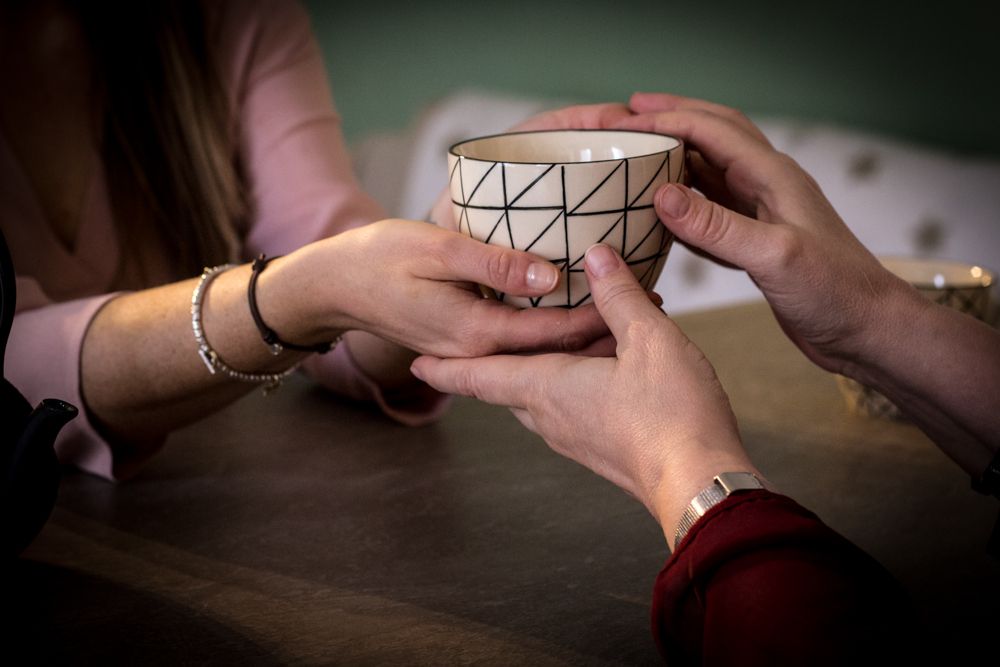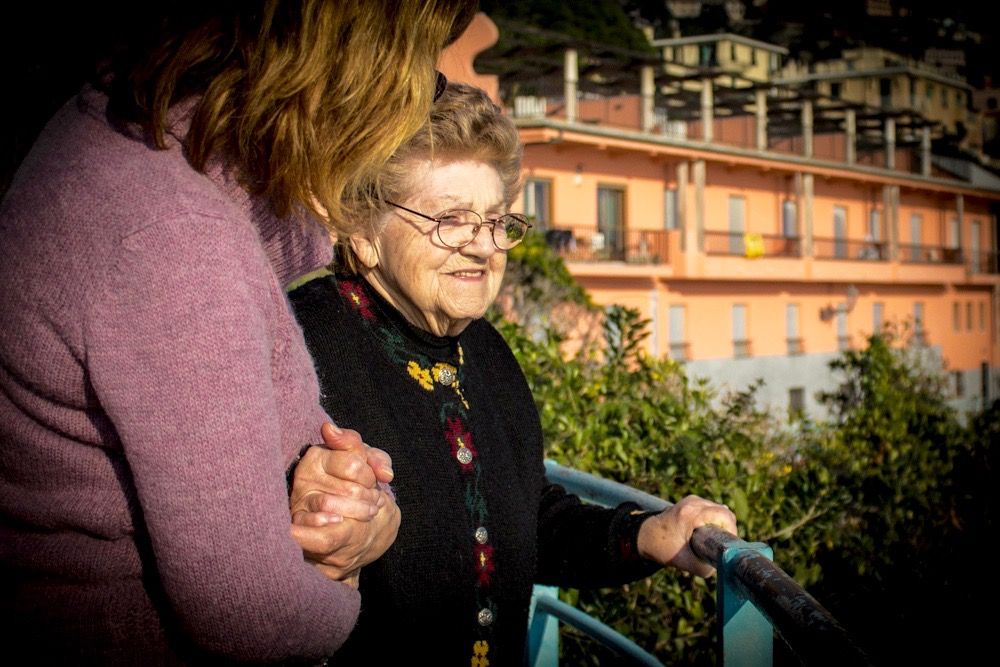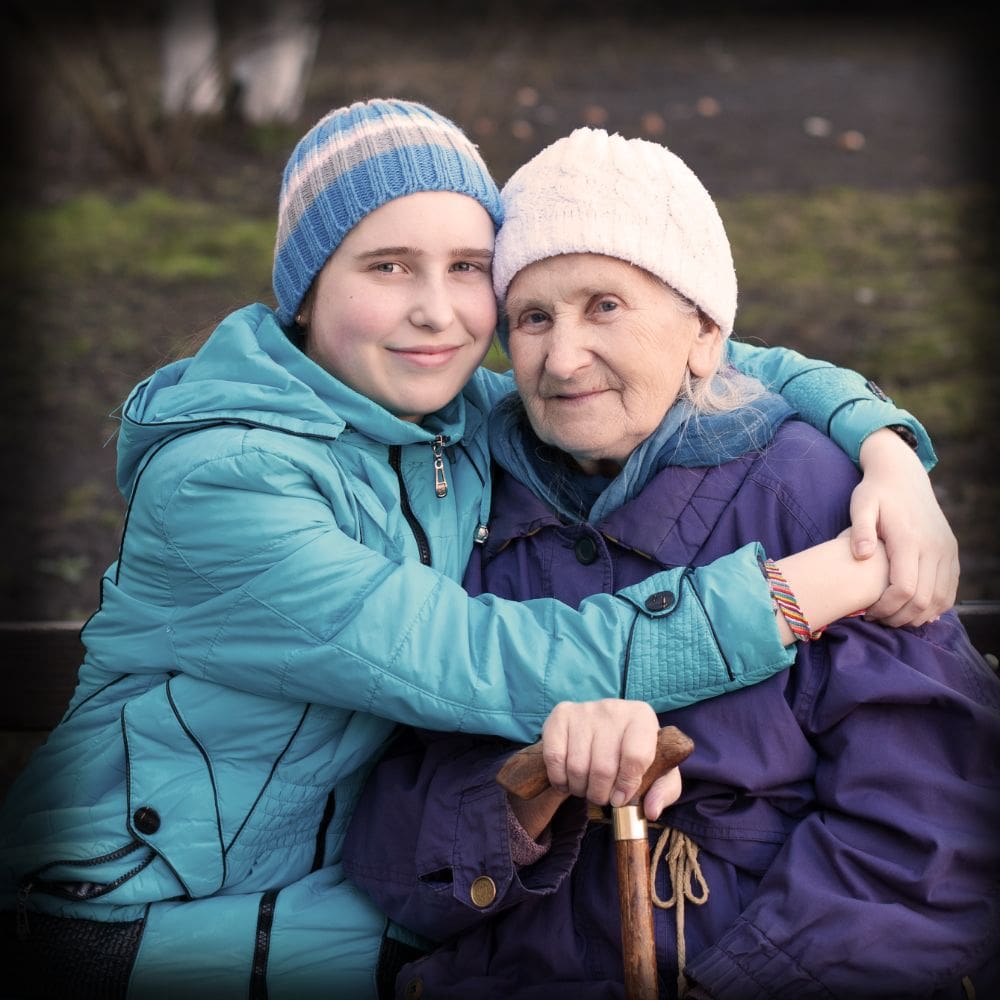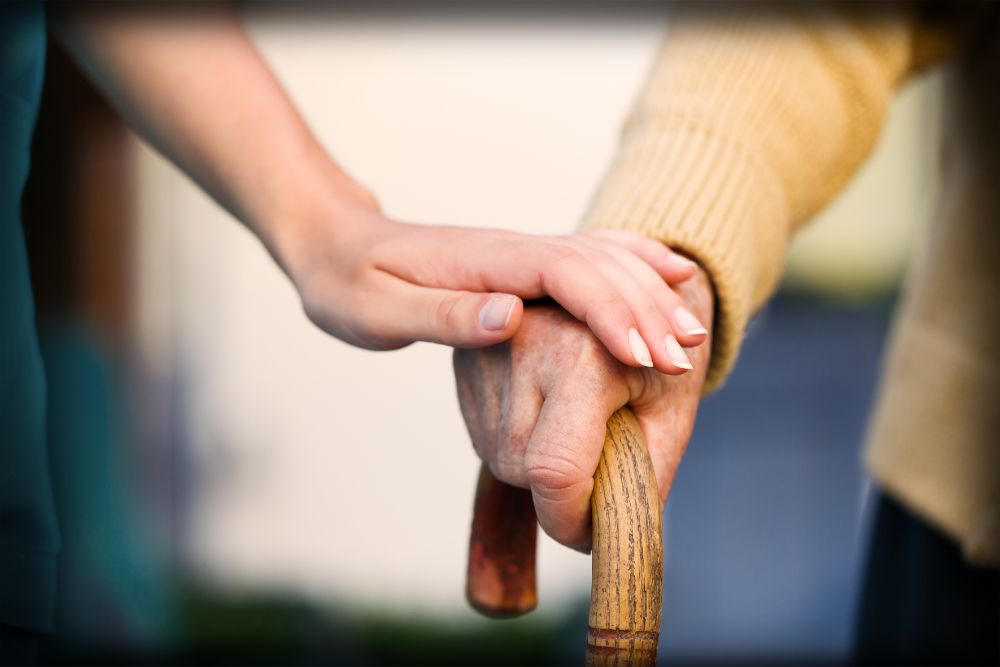First in Italy and fourth in Europe for its green policy goals and community initiatives. An interview with Director Franco Collavino.





Demographic changes, continuing inequality and shrinking public finances are having a significant impact on the future prospects of citizens. With a longer life expectancy, smaller families, new working models and an increase in the retirement age in many countries, the youngest generation will find itself in completely new contexts in old age.
While the outlook for today's young people and tomorrow's pensioners is not the most encouraging in two thirds of the 35 countries considered by OCSE, posing complex questions that require a long-term commitment in terms of interventions and policies, Italy runs the risk of becoming the third country in the world for population age by 2050, after Japan and Spain (OCSE data).
Today, the elderly already make up a significant proportion of the Italian population, currently representing around 22% of the population; this will be 34% by 2050. There are various factors to focus on, including health, access to healthcare and social services, poverty and social isolation.
Currently, it is families who are covering care needs, guaranteeing direct care or partly entrusting the job to an extensive network of carers: a family or private welfare model that supplements or replaces the public one. But a series of factors is progressively weakening and threatening the efficiency of this "do-it-yourself" model: too much pressure on families, still too many people excluded, too many unfriendly homes (unsuitable or unadaptable for the elderly and their carers).
It is in this context that, six years ago, we decided to create a project that would encompass and address all of these issues with foresight, for us in the first place, and then for the entire population, to take on the role of a social service.





VillageCare was created as a socially-driven start-up, and then became a Benefit Corporation and an innovative SME. It is a portal that offers and provides guidance, personalised advice and searches for services to assist and support caregiving families all over Italy, via telephone and video-calls, in aid of their elderly loved ones: searches in the area of interest for home care, recreational and social activities, transport services, medical assistance, management of Vacanze di Sollievo® holidays, which promote the participation of elderly people in society, giving value to their experience and knowledge, and creating opportunities to meet and spend time with other people.
A project that focuses on kindness and inclusion for a significant proportion of the population, based on respect and gratitude, to guarantee a dignified life for elderly people that respects their rights, encouraging their wellbeing and the wellbeing of the whole of society.
We began with a very clear idea in mind: we wanted to help the most vulnerable people in Italy, and help those who help them.





We found each other: a group of women all in the same situation, who, drawing on complementary training and professions in the insurance, banking and finance sectors, wanted to create a system for the solutions we were looking for, in order to make them not only ours, in the present, but long-lasting and for everyone.
For over 20 years, we have been carefully noticing the signs of the structural failure of the social security and healthcare system, which is unable to provide for the needs of a population that continues to age: our desire is to create a model of kindness in the generational shift.
We observed and studied international models for the assistance and support of the elderly, and their children who assist and support them, even from a distance; and we adapted these models to the lifestyles and habits characteristic of Italian families.
We then went to the Milan City Council with our project: a project that is not aimed at the elderly, those being assisted, but at the army of 10 million caregivers made up of sons, daughters, spouses, grandchildren - in other words, the ones who do the assisting.
A project on a national scale, that could be used from anywhere and could reach anywhere, and that would offer standard services, but also personalised services, because every story - we know this well - is different. Analysis of the family and the situation - an organisational and emotional diagnosis - is extremely important to find and suggest the best solutions at a personal and local level.
We wanted to create a model that would go beyond word-of-mouth, a social welfare help desk that would be able to offer assistance, support, advice, action. Being able to count on someone who knows and understands your difficulty, and is ready to work together to find a solution and implement it together, with the right tools.
The problem is often precisely that: not knowing where to go to find solutions. Acting haphazardly without a guide sometimes leads to great expenditure of energy and money; we want to help to optimise family resources and assistance, in order to avoid wasting people's time and financial resources.
Our first thought was therefore to focus on private caregiver families.
The second was to expand the reach of the service and make it into a system. So we turned to companies with caregiver employees, because work-life balance is one of the most important problems to address: from distraction to stress, from part-time work to leaves of absence, to a sense of powerlessness or guilt, right up to an emergency or crisis in the family and/or at work.
Balance and wellbeing are at the foundation of taking care of others, and providing loving support for those around you.





We therefore worked with employers to create different welfare models, highly specialised and structured, in order to cater to and support caregiver employees, from training to holidays for their loved ones.
And much more. Thanks to our in-depth knowledge and extensive experience in the insurance market, my partner and I are well aware of the importance of certain policies. Italians are still very reluctant to take out private pensions and Long Term Care insurance policies (LTC), preferring to bet on the public system, and on themselves. This is why we are starting to introduce some of our services within certain policies, with the aim of enriching them with practical services for families, providing a "Personal Care Advisor" who works not only for our generation, but also for our elderly parents.
We are also working to be able to participate in working groups that aim to build an inclusive environment, in which the vulnerabilities of the population are respected. This means investing in city planning on one hand, and training on the other. For the last few years in Italy, facilities have been appearing with independent apartments and clubs where people can maintain their independence: co-housing or "senior" residences. In parallel, new professions are being created, such as remote physiotherapists and occupational therapists specialising in maximising people's autonomy.
Large and small initiatives, tentative developments that grow and mature, along with the population.
We are hoping that the timing coincides. We are working to make it happen.
First in Italy and fourth in Europe for its green policy goals and community initiatives. An interview with Director Franco Collavino.
Caterina Crepax, daughter of the famous cartoonist, and her creations made from a material that brings together sustainability and beauty in its artistic expression.
